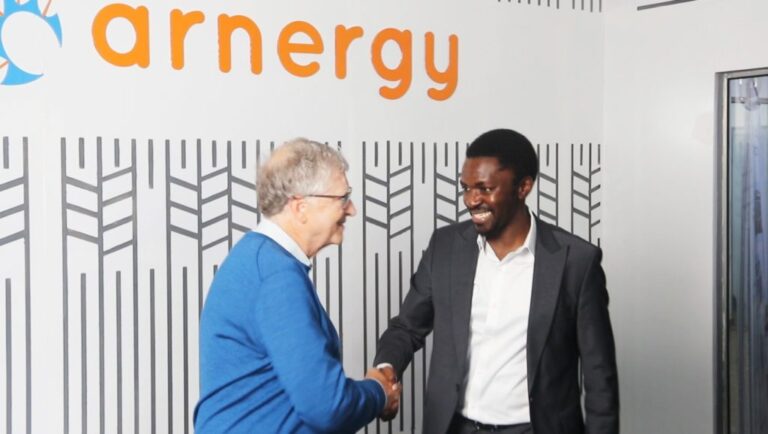As electricity grid failures and skyrocketing fuel prices continue to plague Nigeria, Arnergy, a solar energy startup backed by Bill Gates’ Breakthrough Energy Ventures, is answering the call with an ambitious plan to expand access to solar power nationwide. The company has just closed an $18 million Series B round, including a $15 million extension and a $3 million raise in 2023.
Why Demand Is Surging
The demand for solar systems in Nigeria has exploded in recent years—especially following the May 2023 removal of fuel subsidies that had long cushioned local consumers from global petrol prices. Since then, petrol costs have risen by nearly 500%, making previously affordable diesel and petrol generators unsustainable for many.
Solar, once seen primarily as a backup power solution, is now emerging as the smarter financial choice.
“When we started, solar was about power stability, not savings,” said Femi Adeyemo, Arnergy’s founder and CEO. “Now it’s clearly about both. We show customers how they can save monthly, whether they’re switching from petrol, diesel, or even the grid.”
From Resilience to Smart Savings
Founded in 2013, Arnergy began by providing solar solutions to homes and businesses in industries like education, hospitality, healthcare, and agriculture. Today, its offerings are as much about economics as they are about energy.
One standout innovation is the company’s Z Lite lease-to-own program, which gained popularity after the first round of Series B funding. Instead of paying upfront, customers pay a fixed monthly fee for five to ten years until they fully own the system.
The result? A dramatic shift in consumer behavior. In 2023, outright purchases made up over 60% of revenue, but that dropped to just 25% as lease-to-own sales surged. As electricity tariffs soar, the lease model is emerging as the new normal.
In fact, Arnergy tripled its lease customer base between 2023 and 2024, with expectations to multiply that number by 4 to 5 times this year alone. Revenue in naira is set to quadruple by year-end, even though dollar figures remain flat due to currency devaluation.
Big Plans, Bigger Impact
So far, Arnergy has deployed over 1,800 systems across 35 Nigerian states, totaling 9MWp of solar and 23MWh of battery storage. With the new funding—led by CardinalStone Capital Advisers (CCA) and supported by Breakthrough Energy Ventures, British International Investment, Norfund, EDFI MC, and All On—Arnergy aims to deploy 12,000 more systems by 2029.
To achieve that, Arnergy is shifting from a direct sales approach to a partnership-driven model, working with businesses and retail outlets to reach underserved areas beyond Lagos. It’s also negotiating new local debt financing to back large-scale projects, including energy-as-a-service (EaaS) offerings for multinational clients.
Policy Threat on the Horizon
However, a new government proposal could throw a wrench into these expansion plans. Nigeria recently announced its intention to ban solar panel imports in a bid to boost local manufacturing. While many support the long-term goal, stakeholders say Nigeria lacks the infrastructure and capacity to meet current demand.
Adeyemo agrees with the vision—but urges caution.
“We’re strong advocates for local manufacturing,” he said. “But we must build capacity before shutting out imports. If we move too soon, we risk stalling the entire industry and cutting off millions who now depend on solar for power.”
According to him, Nigeria needs at least three to five years to develop the local ecosystem—including infrastructure, capital access, and stable policies—before considering such a ban.
Arnergy’s journey reflects more than just business growth—it’s a powerful symbol of how innovation can meet the needs of a nation in crisis. As fuel costs soar and the grid remains unreliable, solar is not just the cleaner choice—it’s the smarter one.

